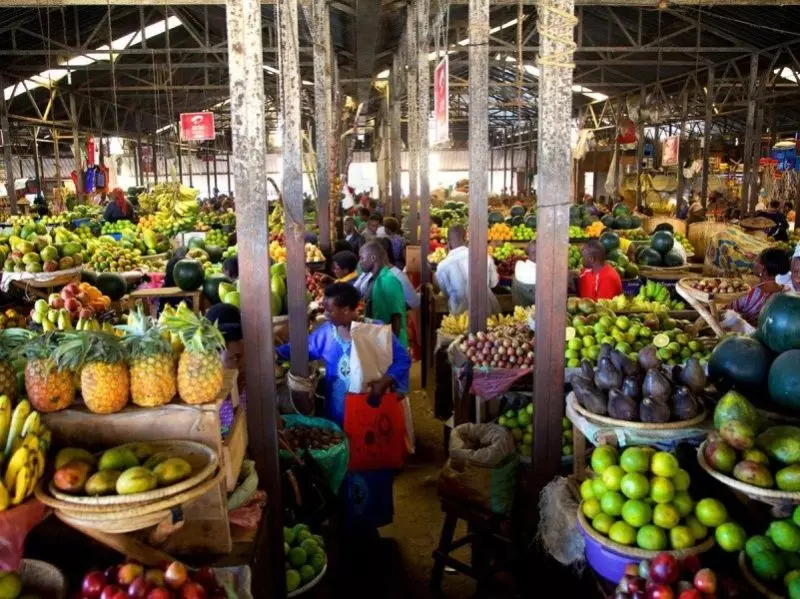
Finance and Economic Planning Minister Dr Uzziel Ndagijimana has told Parliament that rising cost of living is temporary – in response to concerns by lawmakers over the impact especially in rural areas.
Inflation is currently up 4 percent and will go up to 5% but then go back to levels of early this year, said Ndagijimana before the joint session of Parliament.
He added that increasing food prices is what is causing the rise in inflation.
Food prices have risen by up to 3 times. Maize flour for example is up to Rwf 1,000 a kilo from Rwf 700 three months ago. Kilo of beans was up by up to Rwf200 depending on where you shop – with a kilo now costing Rwf 600. Both are widely consumed.
Prices of fruits have also gone up by a high margin, so has cost of silverfish known as Indagara, which is a very common local delicacy.
Lawmaker Dr Frank Habineza, who is also president of the Green Party, told the Finance Minister that high food prices were also compounded by low liquidity especially in rural areas.
“People are crying ‘No money’ and that the little money they are getting cannot also buy food. What is happening and what measures are being undertaken?,” wondered Habineza.
The Finance Minister Dr Ndagijimana said the reason food prices were high is because it was not yet harvesting period, and that harvests have been impacted negatively by unpredictable seasonal changes.
“People in rural areas are experiencing liquidity problems because they get money from what they harvest, which harvests are not coming as they used to,” said the Minister.
However, Dr Ndagijimana rejected the notion that high prices are indicative of a poorly performing economy generally.
“The inflation rate will peak at 5% before end of this year, and then return to good levels like it was at beginning of the current year. We have agreed on this trend with the [International Monetary Fund],” said the Minister.
The Finance Minister was delivering the first quarter update to Parliament since the 2019-2020 budget became operational in July. From now on, the minister will provide the quarterly report as par the finance bill of the budget.
There has been speculation that the rising food prices was result of ongoing fallout between Rwanda and its neighbors Burundi and Uganda. The issue is widely discussed on local radio talkshows on a daily basis, and on social media.
Fruits and silverfish came from Burundi. Maize flour, fish and beans – and other foods came from Uganda. With relations at an all-time low, such imports have nearly dried away.
There was no mention of the impact of the the Burundi/Uganda relations on food prices in the House today.
Source : https://www.chronicles.rw/

